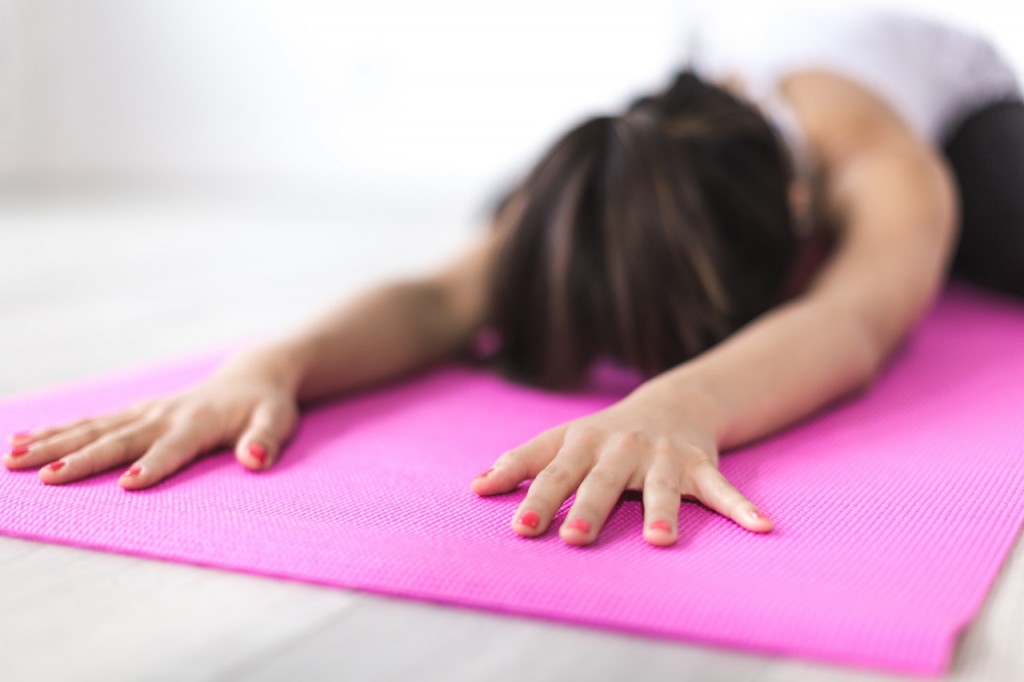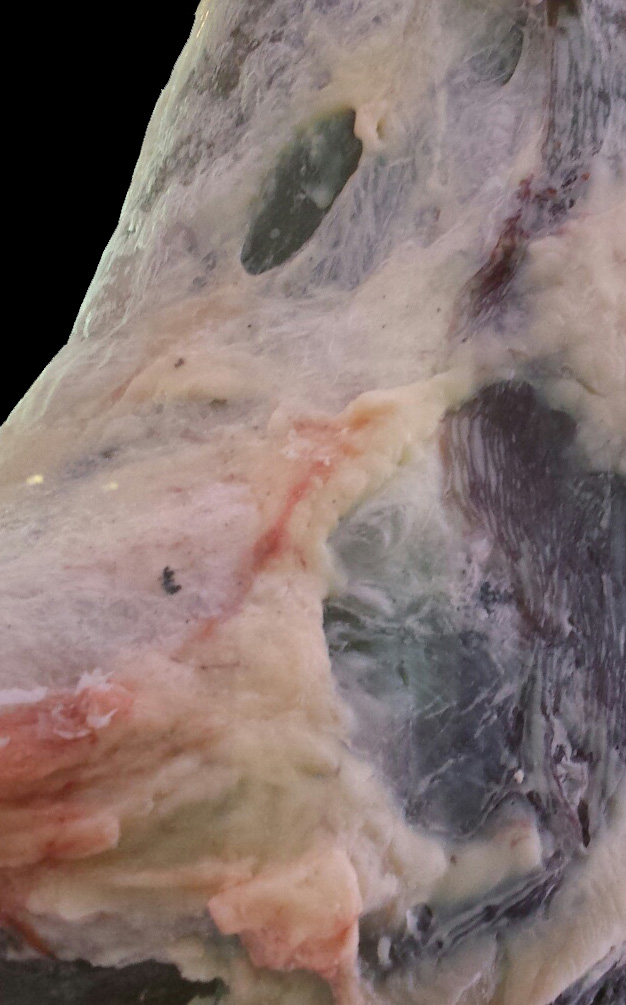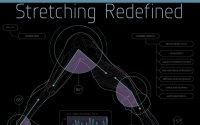Progressive muscle relaxation improves anxiety and sleep quality in patients with COVID-19
During the COVID-19 pandemic in China, all confirmed patients need to be treated in isolation. Patients under isolation will experience high levels of anxiety and low sleep quality. Some sleep-improving drugs may inhibit the respiratory system and worsen the condition.
Therefore, researchers from Hainan hospital tried a muscle relaxation training to alleviate the anxiety and improve sleep quality of patients with COVID-19. In particular, they used the progressive muscle relaxation (PMR) training which can be trained remotely. The study was published in Complementary Therapies in Clinical Practice journal.
PMR trains a patient to relax the muscles through a two-step process. First, the patient was asked to tense particular muscle groups, such as the hands for 5-10 seconds while breathing slowly. Next, then relax the tension on the same muscles and notice how the muscles feel when they are relaxed.
To investigate the effect of progressive muscle relaxation on anxiety and sleep quality of COVID-19. 51 patients who entered the isolation ward were included in the study and randomly divided into an experimental and control group. The experimental group used progressive muscle relaxation (PMR) technique for 30 min per day for 5 consecutive days. During this period, the control group received only routine care and treatment.
The average anxiety score (STAI, ranged from 20 no anxiety to 80 high anxiety) before the intervention was the same around 58. The average anxiety score after intervention dropped significantly to 45, while the control group remains the same.
The average sleep quality score (SRSS, from 10 no problem to 50 severe) of the two groups before the intervention was not statistically significant at 24. After the intervention, the treatment group scores dropped to 17, while the control group remains the same.
The study concluded that progressive muscle relaxation as an auxiliary method could reduce anxiety and improve sleep quality in patients with COVID-19.
According to Dr. Michelle Newman, from Pennsylvania State University, the conventional view of muscle tension is a top-down process; the brain interprets something as stressful and causes the muscles to tighten up. But physical and mental states can run in both directions. Negative thoughts and worries are anxiety manifested in mind, while tension is anxiety manifested in the body. Muscle tension can also feed into anxiety. And intervening in any one of them can break the cycle.
PMR is now considered the “gold standard” in psychotherapy. A study published in the journal Stress demonstrated that PMR not only lowers a person’s stress but also lowers the body’s circulating levels of the stress hormone cortisol.
See an example of PMR https://www.youtube.com/watch?v=912eRrbes2g


